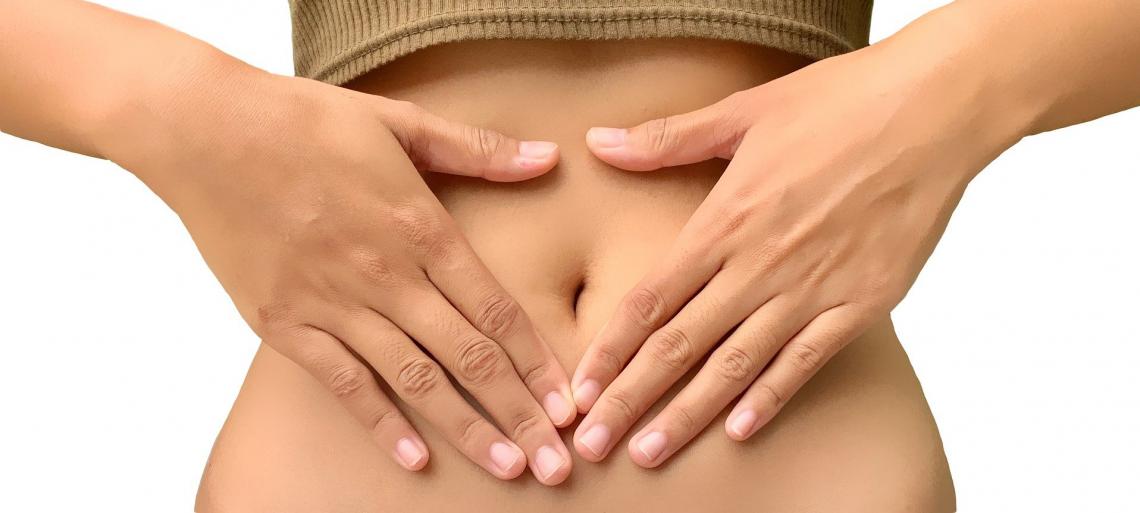IRRITABLE BOWELS: WHICH FOODS TO AVOID?
The most frequent question our patients suffering from irritable bowel syndrome (IBS) ask is which foods they should not eat.
Unfortunately, giving an answer is not always easy due to the three following reasons:
- Even though most patients acknowledge the special role some foods play in triggering the symptoms, the role of an eating regimen in IBS is not yet well defined;
- Not only colitis symptoms are varied, but also they can differ from patient to patient (constipation, diarrhoea, mixed bowel habits, wind, cramps, and intestinal pain). Also, the intestinal disorder often manifests different clinical aspects that change over time in the same patient.
- Last but not least, while it is confirmed that the diet drastically affects clinical manifestations, the foods that can exacerbate the symptoms change from a patient to another.
WHICH FOODS POSE THE HIGHEST RISK?
It is possible to identify a list of the foods likely to pose the highest risk. IBS patients should pay attention to:
- Milk, dairy products and ice-cream;
- Sweeteners (sorbitol, fructose);
- Jam;
- Fruit (peaches, pears, plums and grapes);
- Vegetables (cabbages, artichokes, onions, rocket salad and cucumbers);
- Beans and potatoes;
- Spices, stock cubes and concentrated foods;
- Coffee and tea;
- Coke and carbonated soft drinks;
- Canned food;
- Preserved meat.
BEWARE OF BAD EATING HABITS
While no association has been confirmed with the number and regularity of the meals, the habit of consuming your meals in a hurry is frequently associated with IBS.
Remember that eating regular meals is important for your health!
IRRITABLE BOWELS: REMEDIES
There are a few precautions, some of which really simple to implement, that you can take to face this disease.
Here comes a list of possible IBS remedies:
- Keep a log of what you eat;
- Take your time when eating;
- Eat frequent light meals;
- Excluding suspect foods from your diet and then reintroducing them can be useful to identify foods that can cause reactions;
- Increase/decrease the intake of fibres depending on your symptom profile;
- Decrease the intake of lactose, fermentable mono-, di- and polysaccharides and polyols;
- Decrease the intake of fat foods;
- Decrease the intake of foods incrementing the production of intestinal gas.
From the nutritional point of view, no significant differences have been found as regards the absorption of nutrients in IBS patients relative to the rest of the population.
A PRECIOUS HELP: THE NUTRITIONIST DOCTOR
The nutritionist doctor can help the patient manage the symptoms through three main activities:
Delivering Eating Education
Foods to avoid and prefer are different in patients with constipation or wind and in diarrhoeic patients. Based on prevailing intestinal manifestations in each patient, the nutritionist doctor will work out a dedicated eating regimen for symptom control.
The nutritionist doctor can also help the patient control the fluid intake and meal eating habits, modulate the consumption of fibres according to the manifestations and react adequately when the symptoms are at their worst.
Administering Supplements
Among the remedies available, the nutritionist doctor can also recommend taking supplements, some of which based on natural extracts, that can prove helpful in controlling the symptoms, and also probiotics.
Monitoring the Nutritional Status
The nutritionist doctor will assist the patients by monitoring their nutritional status, their intake of macro and micro nutrients and their energy level, to maintain correct nutrition and proper intake of all nutrients, both in terms of quality and quantity.
IBS patients may exhibit an exceedingly restrictive reaction against food, which leads them to heavily limit the consumption of some foods and, consequently, develop a nutritional deficit.
An interview with Dr Simona Ferrero, Nutritionist Doctor at Auxologico.
THE CLINICAL DIETOLOGY AND NUTRITION SERVICE
The Clinical Dietetics and Nutrition Service is operational at clinic level both in Lombardy and in Piedmont, providing complete specialized dietetic assistance.
The standard multidisciplinary approach includes the presence of professionals like a nutritionist, a dietician and a graduate in physical education. It is meant to correct the patient’s lifestyle through the adoption of a revised eating regimen and healthy habits.

